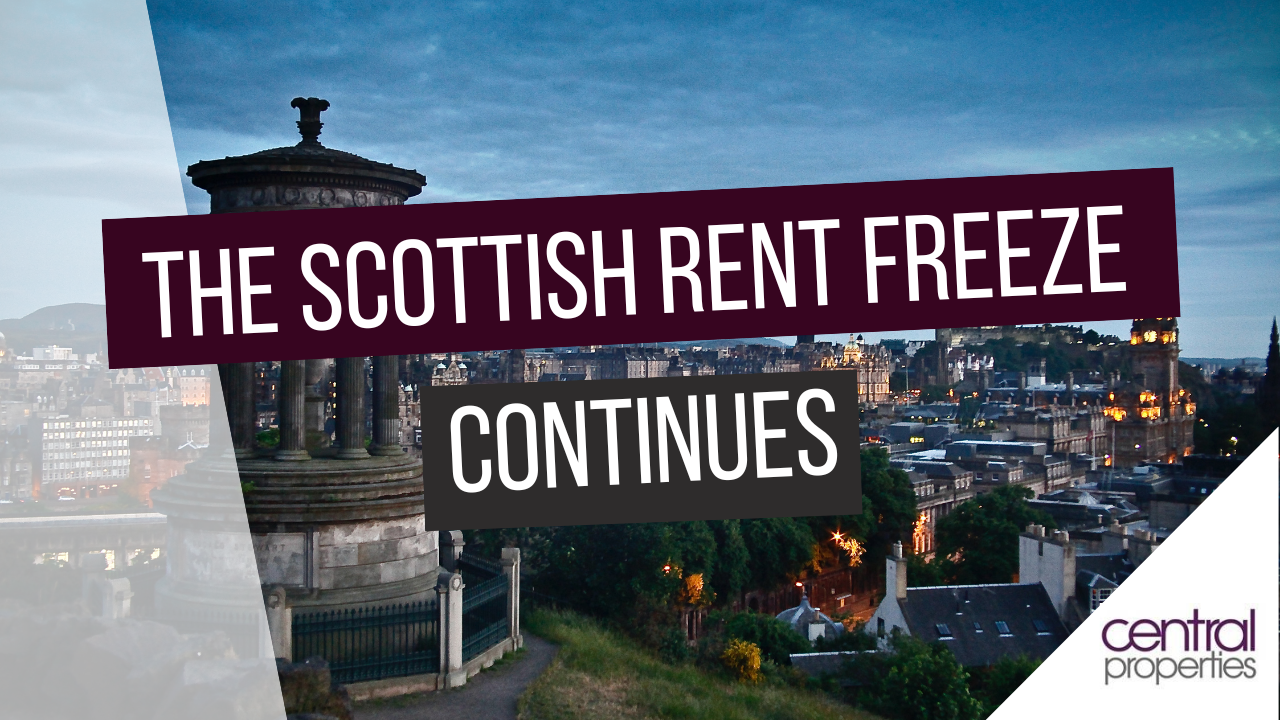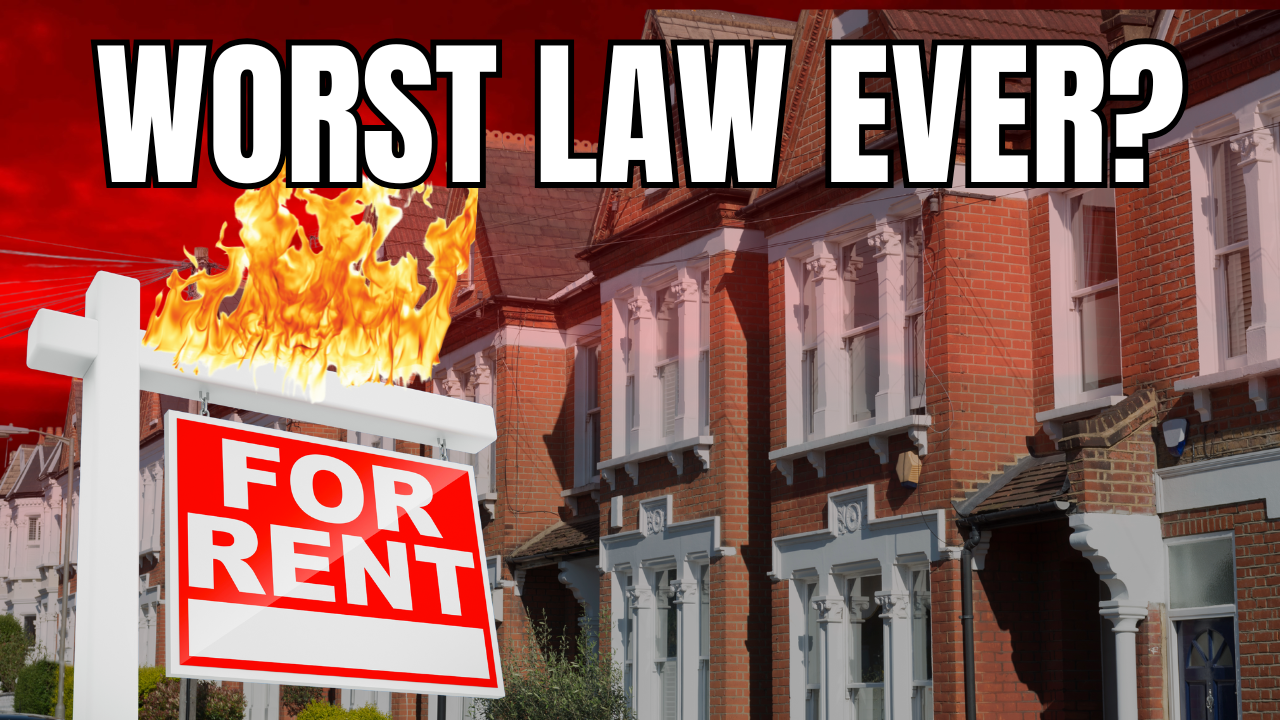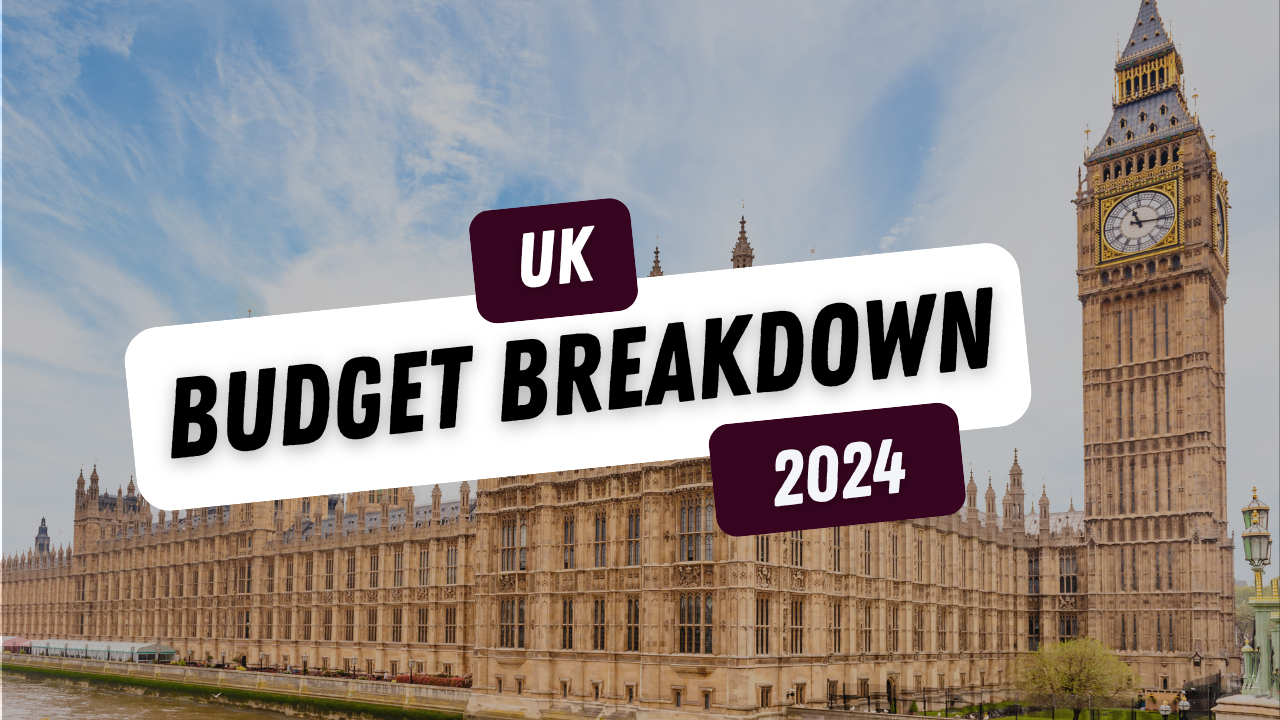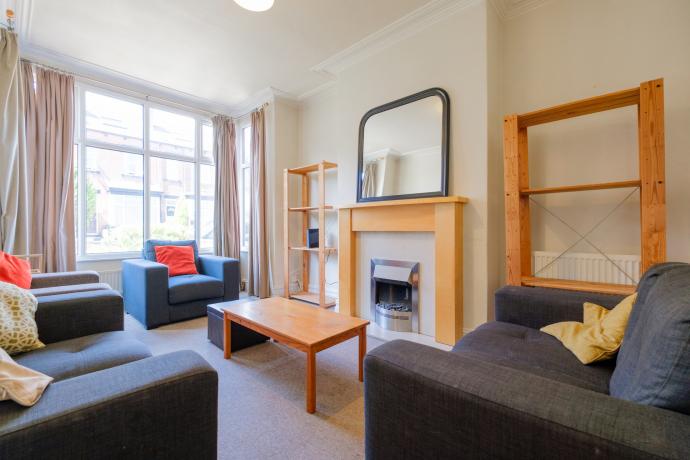
Back in September we posted an article in response to Nicola Sturgeon's rent freeze outlining why Rent Controls are not the solution to today's housing crisis. This post can be reviewed here.
Four months on and the policy has (predictably) been extended. As the famous economist Milton Friedman once said, ""Nothing is so permanent as a temporary government program".
In theory the Scottish housing freeze is a policy put in place to protect tenants from the cost of living crisis and to cap rent increases for private landlords. Under this policy evictions are banned and landlords are only allowed to increase rent by a maximum of 3%.
While the intention behind this policy is to protect tenants from high rent increases and evictions during the current cost of living crisis, it poses several problems for landlords.
“"Nothing is so permanent as a temporary government program".
Firstly, landlords will be affected financially by the 3% cap on rent increases. This could lead to them not being able to cover rising costs including mortgage payments, repairs and maintenance. If landlords aren't able to cover their costs they may be forced to sell properties or increase rent prices illegally, which can lead to more problems for tenants.
The fear of being forced out the market is being vocalised by landlords to the government. In this situation they are just as scared as tenants.
Secondly, landlords may also face difficulty in finding tenants to rent their properties. With the ban on evictions, tenants may be less likely to leave a property which could make it difficult for landlords to find new tenants and maintain a steady income.
Thirdly, landlords may also find it difficult to carry out necessary repairs and maintenance on their properties. Without the ability to increase rent prices, they may not have the necessary funds to carry out repairs and maintenance in this inflationary environment, which could lead to properties falling into disrepair.
Finally, landlords may also have problems dealing with difficult tenants. With the ban on evictions, landlords may find it difficult to remove tenants who are causing problems or not paying rent, which could lead to landlords having to bear the costs of these tenants. Not only does this have a financial impact but a mental one too – dealing with difficult tenants with limited funds and options may lead to increased levels of stress and anxiety.
Overall, while the Scottish housing freeze has been put in place to protect tenants from high rent increases and evictions, it poses several problems for landlords. These include financial difficulties, difficulty in finding tenants, difficulty in carrying out repairs and maintenance, and difficulty in dealing with difficult tenants. It is important for the government to listen to the concerns of landlords to work together and find a solution that benefits both parties.















